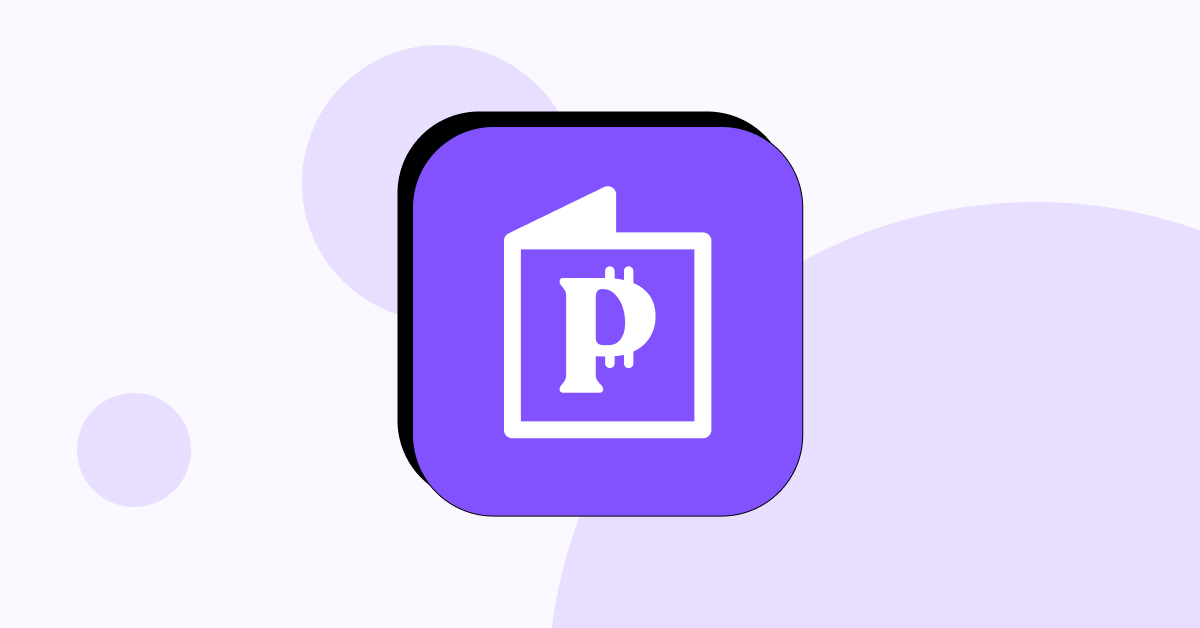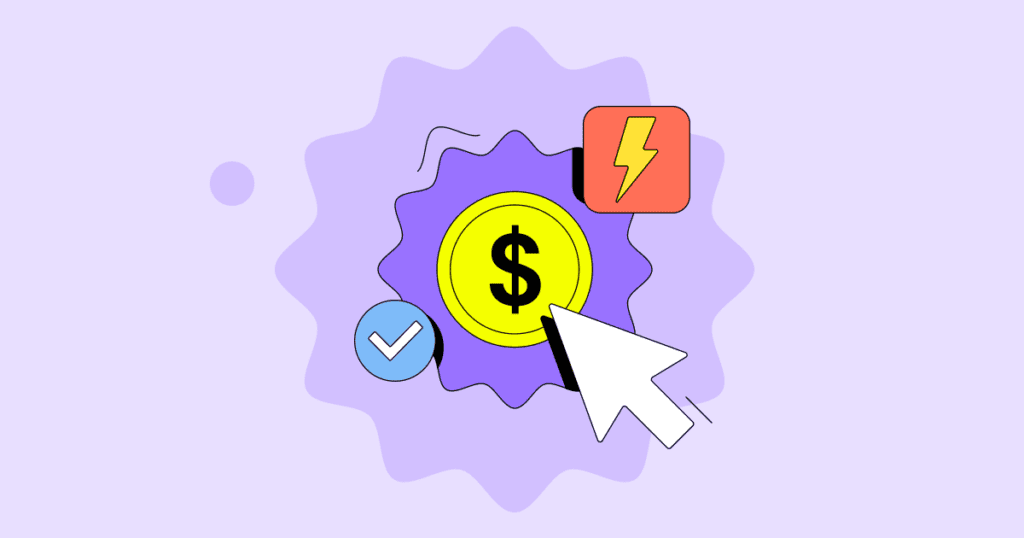People always aspire to invest in various assets to increase their finances and revenue. Extra income, whether passive or residual, is helpful when trying to grow your financial portfolio and investments. Individuals should understand the difference between passive and residual income for their economic knowledge, goal-setting, and financial planning.
Depending on the industry setting, these earnings can have different definitions. Online business owners always interchange “passive” and “residual” income. These terms in an online business environment refer to an automated revenue source. When one sets up an online business, the residual income becomes the profit one makes after putting in the initial effort.
Online business owners need little effort to maintain the revenue flow after making the initial investment. Thus, “residual income” also means “passive income” in this environment. In a financial background, residual income is not an income type but a calculation that determines leftover money that a person or entity can spend after paying all bills and fulfilling all financial obligations.
Passive Income Basics
Any money a person makes without engaging in the actual work of a conventional day job is considered passive income. Passive income can provide a financial safety net for individuals seeking alternative ways to grow their wealth outside their regular job. Creating a passive income stream provides a person with a constant cash flow and financial security. Examples of passive income sources include mutual funds, stock dividends, crowdfunding, and real estate ventures. Other passive revenue sources include tuition fees collected from students enrolled in online courses and royalties given to authors. These sources provide diverse options for those seeking extra revenue streams.
Retirement savers and investors value passive income investments because they allow people to grow their wealth with fewer funds, energy, or time commitment. Investors may retire early if passive investments produce sizeable enough earnings. Passive income can also lessen the difficulties and hazards brought over by interruptions to sources of earned money, such as a job’s wage.
Planning and setting goals before establishing a passive income channel is essential. An individual must also assess the asset’s growth potential. Thus, one must conduct market research to identify a potential investment option. Investing in rental properties to generate passive revenue is often an excellent option; however, you must check for property defects, legal disputes, or titles before committing to any purchase. It is also vital to consider evaluating the location’s growth potential and calculate the owed taxes due to the rental property investment.
Residual Income Basics
Residual income’s definition depends on the industry context, such as corporate finance, personal finance, and equity valuation. When dealing with personal finances, residual income refers to the cash a person remains with after clearing debts and expenses. In corporate finance, residual income refers to a company’s profit or net operating income exceeding its required return rate. Financial institutions use corporate residual income to assess a company’s unit performance or capital investment.
In equity valuation, investors use residual income to predict future stock values based on the company’s performance and earnings stream. Banks assess a person’s ability to pay a mortgage using their credit score for mortgage. Banks can calculate your residual income by determining your income and subtracting taxes, property insurance, and the anticipated mortgage. Financial institutions also deduct monthly payments to student loans and installment accounts from a person’s income to get the residual income. The residual income calculation does not include utility and food expenses.
You can better manage your cash flow by understanding residual income, sometimes called disposable or discretionary income. One can use this money to spend on vacation, pay off debts, save, or invest. Residual income can cushion you against unforeseen events and economic downturns impacting your traditional revenue sources.
Boosting Residual and Passive Income
There are several ways for people to generate passive and residual income with paid surveys. To succeed, you must have more revenue than expenses. Below is an explanation of four ways to boost your residual and passive incomes:
- Dividend Stocks
You can invest in dividend stocks to build your income stream. Several public trading companies distribute dividends to their investors every quarter. Reinvesting these into stocks is an option for investors. If the stock performs well, it’ll generate profit for you. Dividend stocks also exhibit lower volatility than growth stocks, helping diversify and stabilize your investment portfolio.
- Rental Properties
One way to create passive income streams is by acquiring properties and earning rental profits. Whether short or long-term rentals, these options provide stable sources of revenue that need minimal effort once established. Instead of leaving vacant homes idle, consider listing them on Airbnb, a popular platform that creates more opportunities for occupants and increases potential returns on investment. Those who don’t own properties can still tap into the benefits of real estate, as real estate investment trusts offer a viable alternative.
- E-Commerce Businesses
You can sell products online on platforms such as Shopify to earn more extra income. A significant perk of selling goods online is that you don’t have to maintain a stockroom for product storage, which contrasts with traditional offline enterprises.
- Crowdlending
Crowdlending is one way people can get extra money. Recognized platforms such as Lending Club and Prosper scrutinize borrower credit profiles, ensuring a match with appropriate investors willing to provide monetary aid. The borrower’s credit score affects the interest rates in various ways. Thus, an investor receives monthly payments from the borrower until he pays off the loan interest and principal amounts.
Tips for Budgeting
A budget helps people be in control of their finances, thus making it easy for them to save for their goals. You can create a suitable budget using your net income as the foundation. When you concentrate on your overall compensation rather than your net income, you risk overspending because you believe you have more money than you do.
Self-employed persons, contractors, gig workers, and freelancers can keep detailed notes of their pay and contracts to manage their irregular income more effectively. Additionally, you can track and group your spending to determine your daily saving opportunities. You can also set realistic short and long-term financial goals to motivate you to stick to your budget.
How Are Passive Income and Residual Income Taxed?
Passive income is usually taxable, depending on the IRS’s set yearly income value and how much revenue you earn. For instance, if you own properties and make roughly $1K each month through your renters, it’s essential to remember that taxes will need addressing down the line. This aspect is especially true if you bring an annual total of approximately $150K from various streams. The takeaway? Any taxation applied towards monthly rental funds is conditional based on where an individual falls within specific brackets established by the IRS via their broader financial picture.
Your rental property may depreciate over time, which you can write off on your taxes. You can also write off the recurring costs of maintenance and repair. These deductions can make rental property a very profitable investment for you.
Passive or residual income is a significant boost to anyone’s revenue. Passive income taxation needs more awareness of how the IRS defines activities that generate such funds. With proper knowledge of personal finance and US taxation laws, one can position themselves to avoid taxes on all accrued revenue.
The Bottom Line
Passive and residual income are two different income sources. An individual generates passive income without requiring active labor; residual income is the money that a person remains with after paying all debts and expenses.
Individuals need to understand the two types of income and plan to ensure their financial stability. People should also understand the tax implications of passive and residual income. One can achieve financial security and even retire early by implementing a passive income strategy with proper planning and knowledge.
FAQs
What Does Residual Income Mean?
As stated above, residual income’s definition depends on the industry context. Residual income can be the money you remain with after paying all debts and expenses. Likewise, it can also be a company’s profit that goes above its expected return rate.
What Qualifies as Passive Income?
Several alternatives exist where you can embark on your passive income journey. As a rule of thumb, any strategy or method that requires a veritable amount of effort, time, or money before you can let it generate revenue on its own classifies as passive income. A few ideas include some of the ones outlined here, like dividend stocks and rental properties, but it can also span other projects like publishing eBooks, creating blogs online, becoming an affiliate marketer, or starting your own youtube channel.
How Do You Make Residual Income?
People can generate a residual income in several ways, including peer-to-peer learning, selling products online, renting out their cars, or creating apps. Alternatively, you can also use Pawns.app for residual income generation with little effort, thus enhancing your financial security. You can make money instantly using Pawns app – extra income app by installing the app and creating a free account.
Does Passive Income Get Taxed?
The answer is yes! Passive income taxation is a reality, but it depends on various factors. Double-check your taxation laws or consult an expert before deciding to start your passive income stream.















